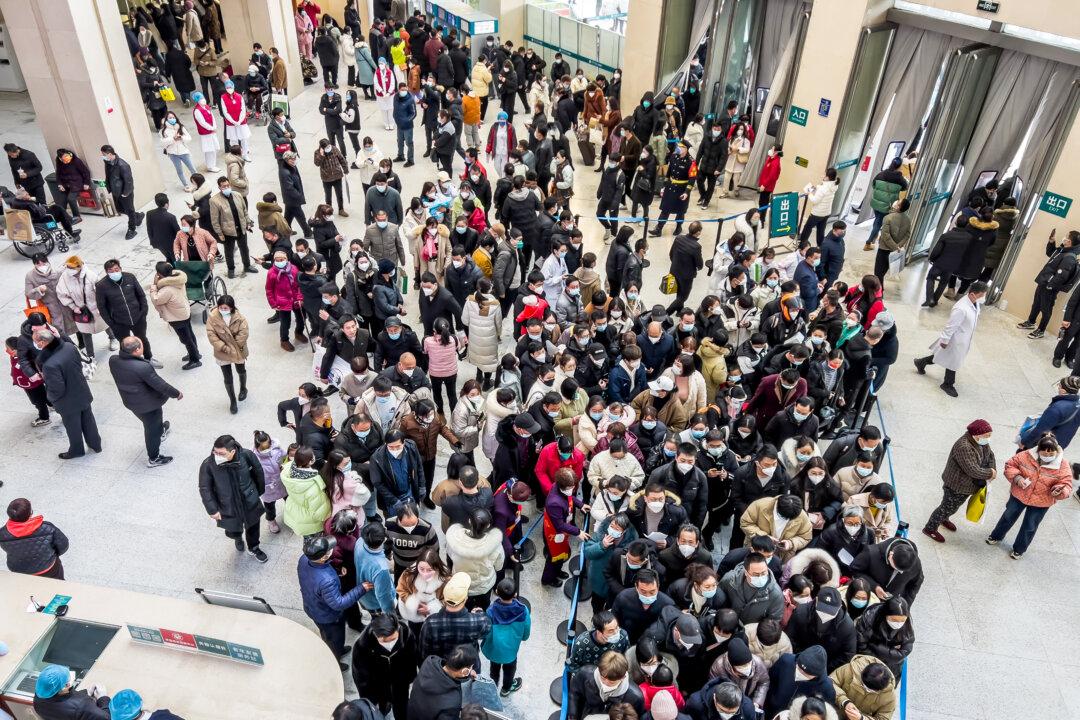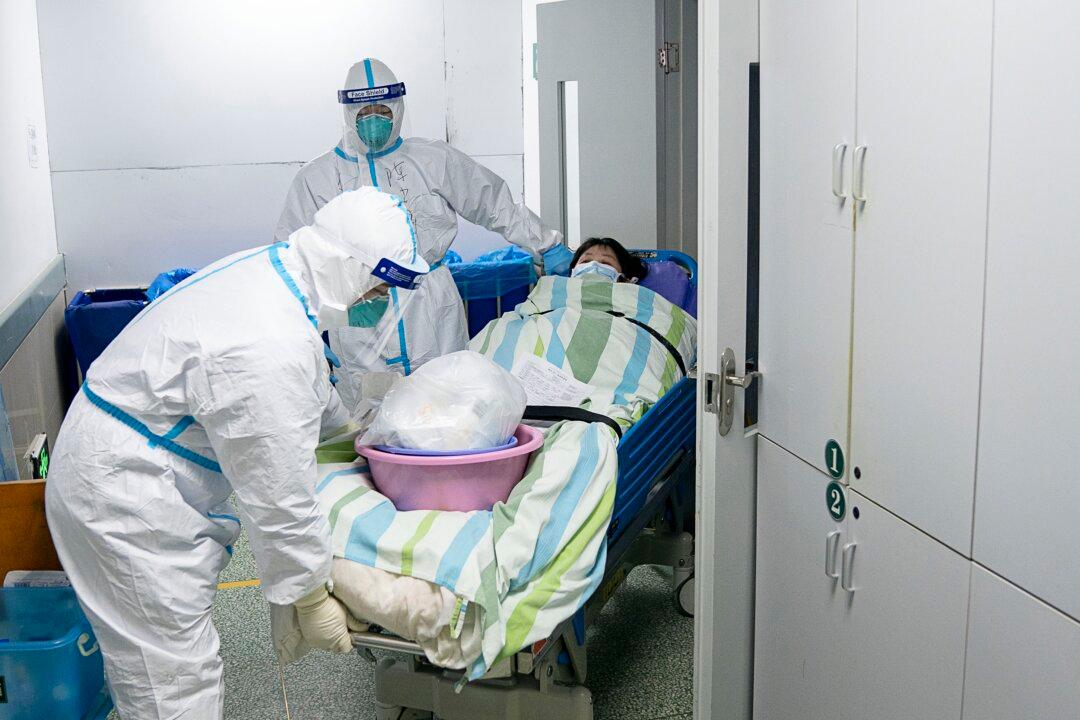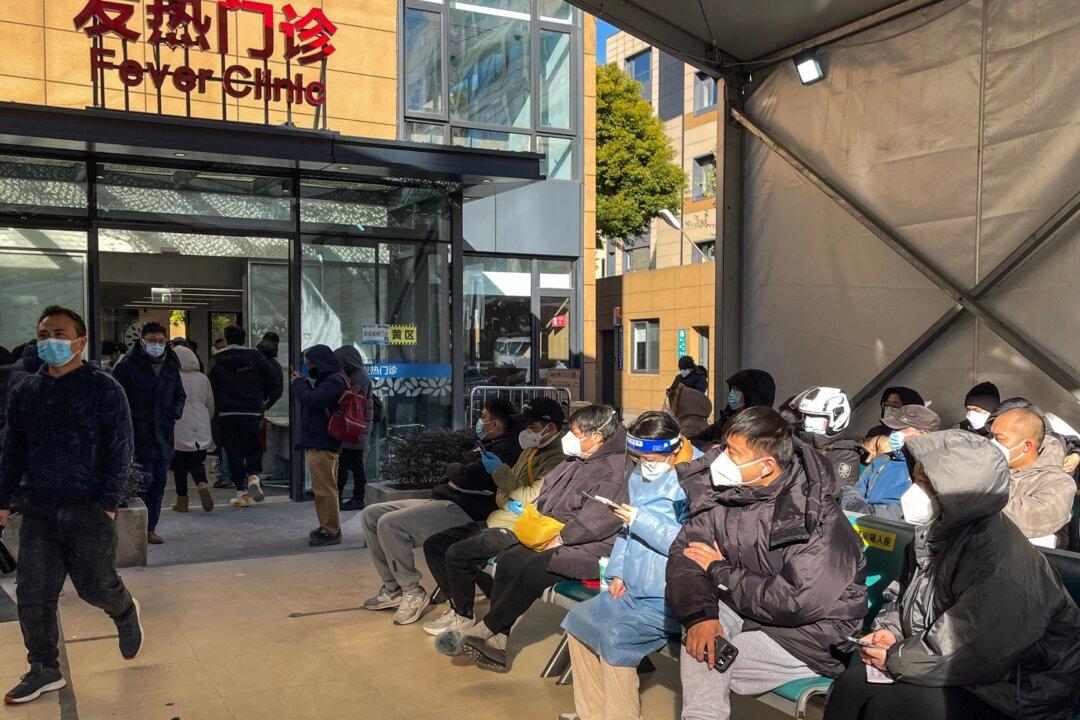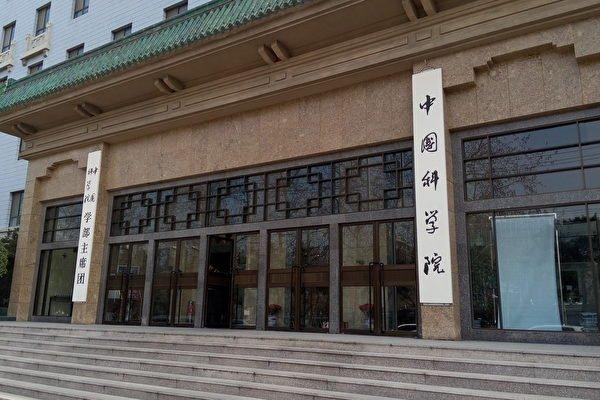In the four days between Feb. 20 and 23, 2024, at least two Chinese academicians and six prominent professors, all members of the Chinese Communist Party (CCP), died of illness.
Among these eight scholars include Zhu Qihe, an academician of the Chinese Academy of Sciences (CAS); Li Peicheng, an academician of the Academy of Engineering (AEA) and an expert in soil and water engineering; Cui Guitian, director of the Institute of Contemporary Socialism at the Shandong University; and Tao Gertu, 54, director and deputy party chief of the School of Journalism and Communication at Inner Mongolia Normal University.





